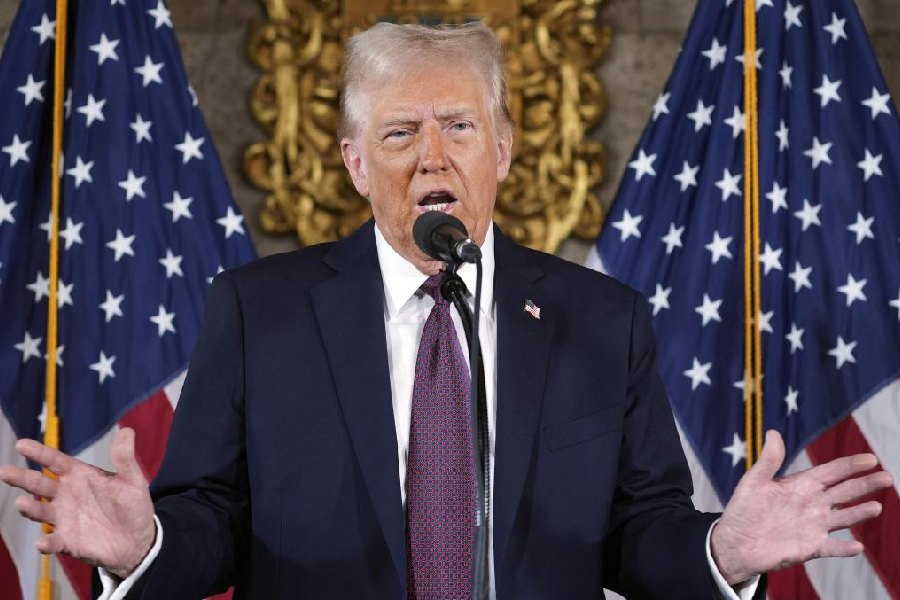The recommendation of a licensing structure in the IMF-FSB synthesis paper on policies for crypto assets has stoked the interest of cryptocurrency players in India and members of the Bharat Web3 Association.
The paper has proposed the need for a comprehensive policy and regulatory response for crypto-assets to address the risks to macroeconomic and financial stability.
“Licensed, regulated and supervised crypto-asset providers and appropriate reporting requirements can reduce data gaps, which are particularly important for capital flow measures that rely on monitoring of cross-border transactions and capital flows,” the paper said.
“Particularly noteworthy is the recommendation to regulate and supervise licensed or registered crypto-asset issuers and service providers, to support the functioning of capital flow measures, fiscal and tax policies, and financial integrity requirements and to reduce data gaps,” said Ashish Singhal, CEO and co-founder, CoinSwitch.
He said east Asian countries such as Japan and Korea have implemented licensing, and India could now consider a similar regime.
The paper has applied a minimum baseline across all countries on the principle of same activity, same risk and same regulation for its recommendations.
“While we recognise the importance of regulatory control, we also emphasise the importance of creating an environment that permits entrepreneurs and developers to continue their pioneering work. The IMF-FSB synthesis paper acknowledged that crypto assets are a dynamic force necessitating an adaptable response. We firmly endorse the same activity, same regulation principle and strongly believe that international standards can serve as a foundation of innovation rather than a hindrance,” Rajagopal Menon, vice-president, WazirX
The minimum baseline principle sets a strong foundation for regulation across jurisdictions. This approach is vital for maintaining financial integrity, investor protection and prudential standards, said Avinash Shekhar, founder and CEO, TaxNodes.
"Also, the emphasis on anti-money laundering and counter-terrorist financing standards demonstrates the commitment to minimising illicit activities within the crypto industry,” he said.
“The paper highlights the need to have a clear and unambiguous tax treatment for crypto assets, enhancing tax compliance by leveraging third-party sources such as brokers, licensing regime for crypto exchanges and brokers. The paper provides comprehensive and sound regulatory recommendations considering the global and volatile nature of the crypto industry," said Punit Agarwal, founder KoinX. He said the highlights if enforced would boost the Indian crypto ecosystem.










